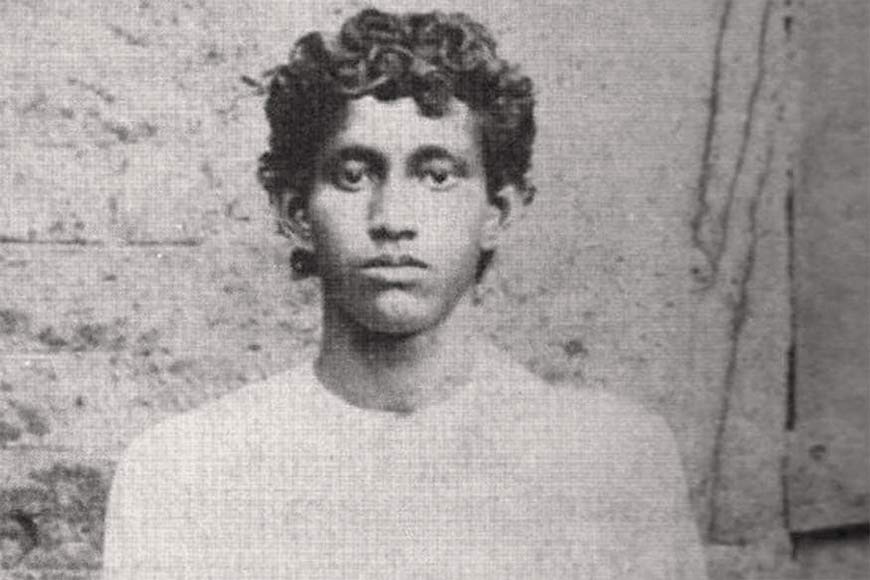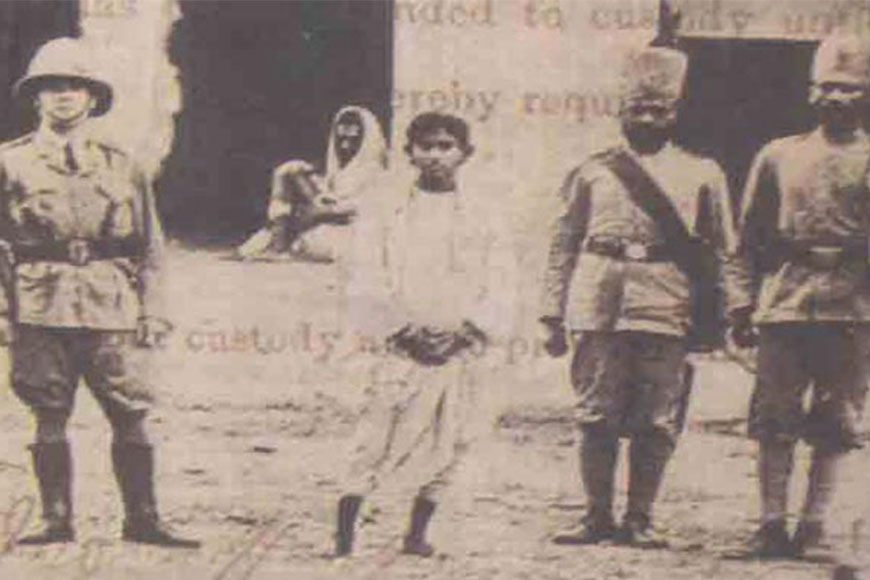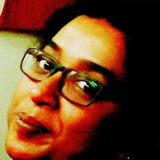The teenager who literally died smiling

August 11, 1908, is the day Khudiram Bose was hanged by the British-Indian administration. For the attempted assassination of senior British official Douglas Kingsford. The would-be assassin was just 18, one of India’s youngest armed revolutionaries to die at the hands of the British.

The irony is, the mission which sent Khudiram to the gallows was not even intended for him. He was, in fact, a late replacement. This is the story of how that transpired.
Calcutta, August 1907. A trial is underway against a publication called Bande Mataram, edited at the time by Aurobindo Ghosh. In the judge’s seat is Calcutta’s Chief Presidency Magistrate Douglas Kingsford, appointed to his post the previous year. Outside the court, which was then situated within the Lalbazar premises, seething crowds gather every day, following every twist and turn of the trial, expressing their highly vocal support for Aurobindo and others of his ilk.
The police frequently resort to lathi charges to keep the crowds under control, but on August 26, matters take a dramatic turn when a mere boy of 15 decides to hit back at the cops, shoving and punching the inspector in charge of operations. Brought before Kingsford, the boy is subsequently sentenced to a savage beating, which he takes unflinchingly.
Thus are Bengal’s armed revolutionaries made aware of the existence of Sushil Sen, the boy who dared to give the British administration as good as he got. As ‘reward’ for his harshness, Kingsford is condemned to death by the revolutionaries, and the elaborate ‘Book Bomb’ plot is hatched, which involves sending Kingsford an ingenious and indigenous explosive device disguised as a book, which will explode as soon as anyone opens it.

In the interim, Kingsford is transferred to Muzaffarpur in Bihar, and the book bomb travels there with him. Timely intervention by Calcutta Police ensures that the book remains unopened, and Kingsford lives to see another day.
Undaunted, the revolutionaries come up with a new plan. It is decided that two young men will travel to Muzaffarpur, stake out Kingsford’s daily route as he travels to and from his home, and blow up his carriage. Aurobindo’s younger brother Barin Ghosh chooses Sushil himself and another young man, Prafulla Chaki, for the job.
Days before the mission, Sushil’s father falls seriously ill, and is practically on his deathbed. Sushil himself is adamant about continuing with the mission, but senior members of the team convince him to step aside, and go home to his dying father instead. Bitterly disappointed, Sushil makes way for a boy his own age, 18-year-old Khudiram Bose.
Born on December 3, 1889 in the small village of Mohobani, in Medinipur district of Bengal, Khudiram was the fourth child in a family of three daughters. After the earlier deaths of two male children, Khudiram’s parents Trailokyanath and Lakshmipriya followed prevalent customs and symbolically ‘sold’ their newborn to his eldest sister, in exchange for three handfuls of food grain (the Bengali word for which is ‘khud’), in an attempt to ward off the evil eye. Thus the boy became known as Khudiram. Inspired by the speeches of Aurobindo and Sister Nivedita, the boy joined the revolutionary organisation called Anushilan Samity and thus came into contact with Barin Ghosh in Calcutta. Arrested at 15 for distributing anti-British pamphlets, the precocious Khudiram was planting explosives outside police stations and government offices by the age of 16.
As history textbooks tell us, the mission to kill Kingsford failed. Khudiram and Prafulla Chaki blew up the wrong carriage, resulting in the deaths of two European women, a mother and daughter. On the run, Chaki eventually killed himself during an encounter, but Khudiram, the boy who was not even supposed to be there, was captured by two alert constables and put through a trial.
The sentence of death was carried out on August 11, with hundreds of people gathered around the prison long before the scheduled time of 6.00 am. After the hanging, the funeral procession made its way through the city, with people showering the teenage martyr’s body with flower petals all along.
In its edition dated August 12, the Amrita Bazar Patrika, carried the headline: ‘Khudiram’s End: Died cheerful and smiling’. Underneath, the copy read: “Khudiram's execution took place at 6 a.m. this morning. He walked to the gallows firmly and cheerfully and even smiled when the cap was drawn over his head.”
The Empire, a British newspaper, wrote: “Khudiram Bose was executed this morning...It is alleged that he mounted the scaffold with his body erect. He was cheerful and smiling.”
Enough said.









